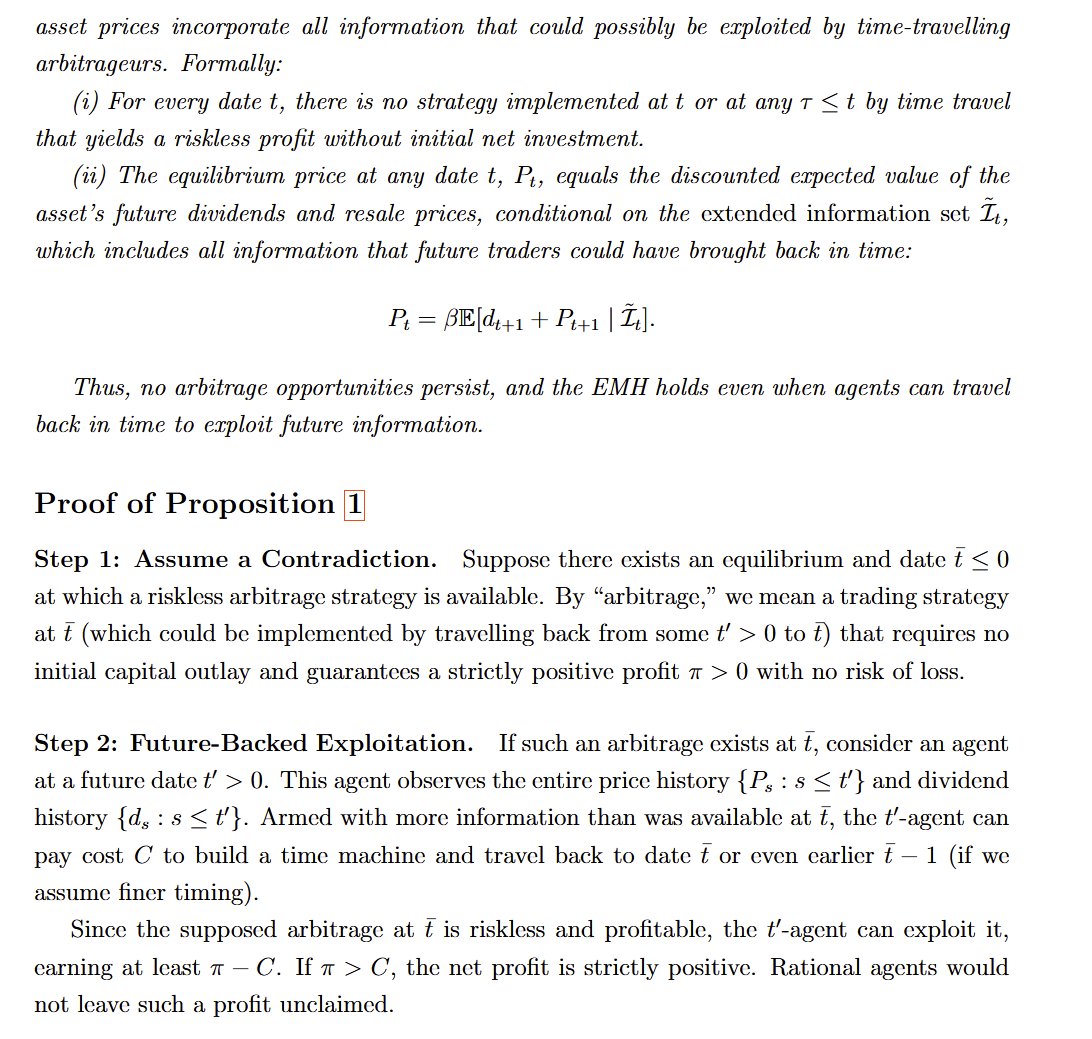
Jason Priem
@jasonpriem
Director of @OurResearch_org. Working to make science more open, connected, and reusable for everyone. he/him
ID: 15137538
http://jasonpriem.org 16-06-2008 19:19:43
9,9K Tweet
6,6K Followers
737 Following



Economist Joshua Gans uses o1-pro to generate a (minor, fun) paper in an hour based on an idea of his, and it gets published in an appropriate peer reviewed journal, with adequate disclosure. He ends with the same sentiment I am increasingly seeing from fellow academics: what now?


















We get lots of questions on the sustainability of open infrastructure. In today's webinar Jason Priem addressed common questions we receive and our approach to the sustainability of OpenAlex. Check out the recording here: youtu.be/CZ5Q9To1zCc




